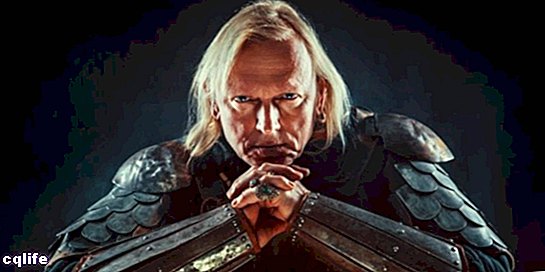We explain what a feudal lord was in the Middle Ages and what the power of ban was. Also, his relationship with serfs and peasants.

What was a feudal lord?
For much of the Middle Ages and in some cases the Modern age, the European continent was governed according to the rules of the feudalism, a political, social and economic system characterized by the control of the society by the aristocracy.
That social class It was made up of the landowners of the nobility, whose ancestry or blue blood came from ancient European empires or military feats rewarded by the local crown. The Middle Ages was a time characterized by the decentralization of power, after the fall of the Roman Empire.
In this context, the feudal lords were the large landowners, who constituted the highest authority of their fiefdoms or regions. They exercised the can politician and acted as judge, as well as administrator, military leader and collector of taxes for the crown.
Some were more powerful, masters of great armies in the service of the King. Others, of less power, were in turn subjected to other stronger lords, in a pyramidal system at the head of which was always the King, and which ideologically and socially reinforced the Catholic Church.
The feudal lords held the power of ban or command power, granted by the crown, for life: upon death, they transferred it to their descendants, if any, or closest relatives, who inherited the lands and, together with them, the serfs or peasants who worked them.
There was an extremely unequal arrangement in which a good part of the agricultural work of the peasants was paid as tithe. In return, they were offered order, stability, work and military protection in case of invasions, looting or conflicts. These peasants and workers of commoner origin were known as serfs.
The feudal lords had almost unlimited power over the serfs who cultivated their lands. They exercised the Justice and they were the sole authority, except in the case in which said lords were in turn vassals of another more powerful lord.
Many traditions conferred on them powers and rites such as the "right of pernada", according to which a feudal lord could choose to deflower a woman who married in his fiefdom, taking her husband's place during the wedding night. This, curiously, should be considered an honor.
